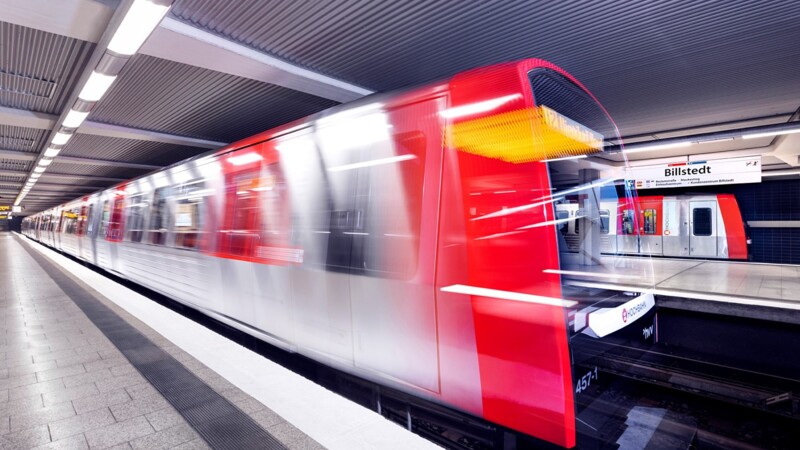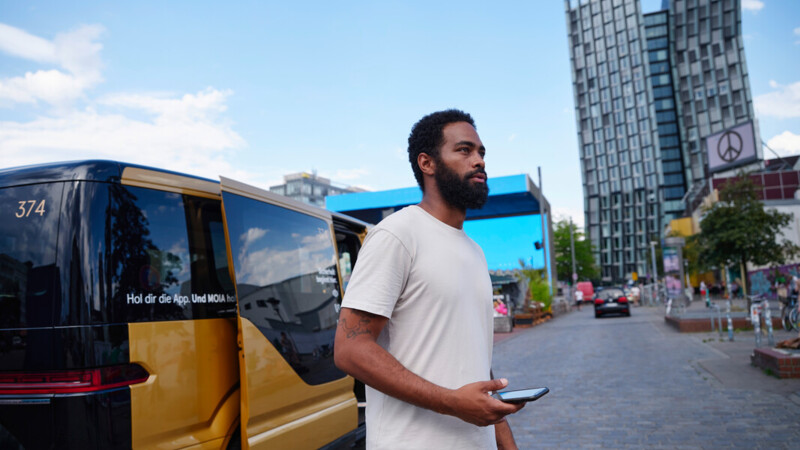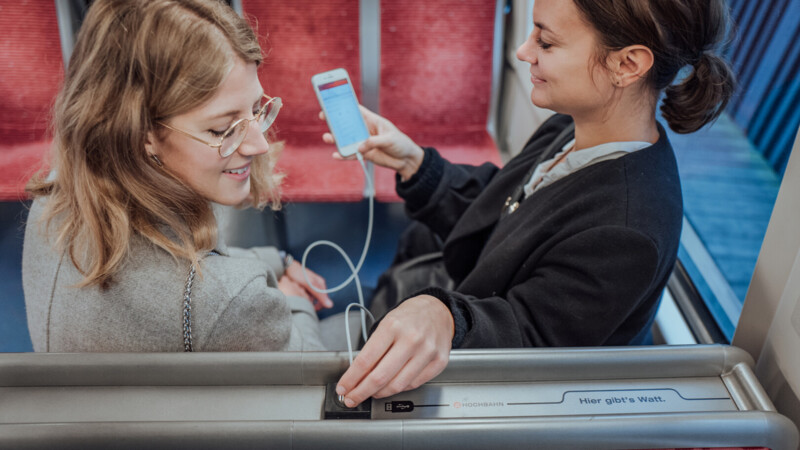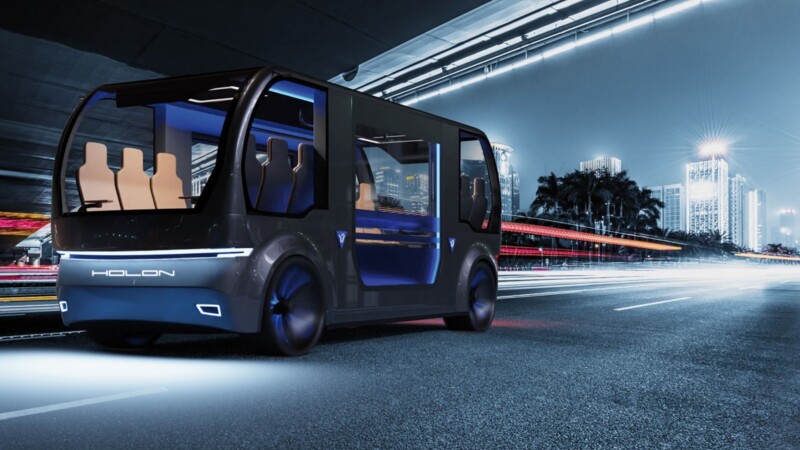"In view of increasing traffic volumes, we need new technologies to guide mobility wisely and to use the existing infrastructure efficiently," said Wissing. Digitalisation is key to efficient mobility and helps achieve climate goals, he noted, and remarked on the "conducive climate to experimenting with new forms of mobility" in Hamburg. "Digitalization should make people's lives and their mobility, easier and more convenient," Tjark stressed. Both signatories aim to increase the use of driverless, on-demand vehicles and to digitize the S-Bahn rail network, he added. The projects should complement existing measures in Hamburg's mobility strategy.
Dr. Volker Wissing, Germany's Minister of Transport, and Dr. Anjes Tjarks, Senator for Transport signed Monday (December 19, 2022) a Declaration of Intent putting Hamburg on course to become a "Metropolitan Model Region of Mobility". The plans foresee closer co-operation on mobility projects and comes as around 10,000 driverless vehicles are expected to hit roads all over Hamburg by 2030. Digital traffic controls or driverless trains and lorries should speed up the digitalization of traffic and the mobility transition. The long-term goal is to develop a new, digitialised urban mobility system that can be transferred to other regions.
Digitalisation key to efficient mobility
Three projects initially
German states and the EU Commission as well as business and science have vowed to collaborate on projects as part of the "Metropolitan Model Region for Mobility" based on the city's climate plan and the Hamburg-Takt. Three projects are planned initially. They foresee setting up a digital, on-demand transport service with the 10,000 driverless vehicles. The S-Bahn is to run fully autonomously and at a higher frequency. The German government will also help Hamburg in its bid to host the International Association of Public Transport (UITP) World Congress in 2025 or 2027. More possible projects will be outlined later and in co-operation with the headquarters in Hamburg.
nj/sb/pb
Sources and further information
More
Similar articles

Underground trains every 100 seconds under latest Hochbahn plan

KoGoMo research project developing efficient mobility concepts

